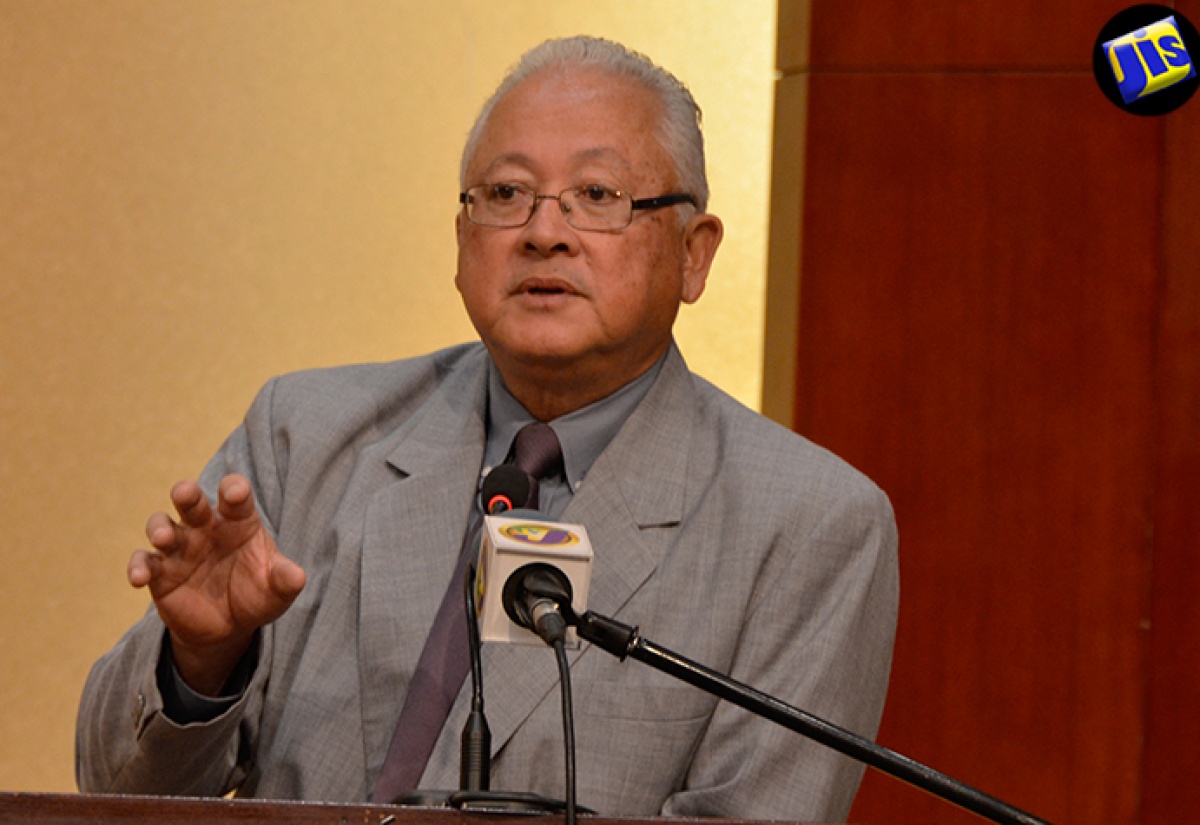Work Advanced on Amendments to Plea Bargaining Legislation
By: , September 9, 2016The Key Point:
The Facts
- The amendments are intended to improve its use as part of the sentencing arrangement.
- The Minister noted that in jurisdictions across the world where plea bargaining is in play, approximately 90 per cent of defendants enter guilty pleas in exchange for lighter sentences.
The Full Story
The Ministry of Justice is looking to complete work on the proposed amendments to the Criminal Justice (Plea Negotiations and Agreement) Act by the end of September or early October.
“The Legal Reform Unit in the Justice Ministry is now actively working on it,” said Portfolio Minister, Hon. Delroy Chuck.
“I have given the direction to the Office of Parliamentary Counsel that does the drafting, for it to be treated as a matter of priority,” he told JIS News in an interview at a community sensitisation session held on September 9 at the Montego Bay Convention Centre in St. James on August 8.
The Act, which was introduced in 2006 and amended in 2010, allows persons accused of crimes to plead guilty and give testimony or information in return for a reduced penalty.
The amendments are intended to improve its use as part of the sentencing arrangement.
Minister Chuck told JIS News that less than one per cent of cases in Jamaica are resolved by plea bargaining.
“There has to be greater incentive given to an accused for that person to want to enter into a plea-bargaining arrangement,” he pointed out.
“What I am hoping for and where I know we need to go is for proper sentencing guidelines to be a part of the equation so that recommended reduced sentences will be easier to accept,” he said.
He said that once the defence attorney and the prosecutor meet and sign off on a recommended sentence, the accused wants to be assured that the presiding judge will go along or will not deviate much from the recommendation.
“If the accused pleads guilty for a recommended sentence of five years instead of the likelihood of 10 years if he had gone to trial, then he is not expecting the judge to surprise him with a nine- or ten-year sentence. If that is the case, you will find that he would rather take his chances with a trial,” Mr. Chuck noted.
He said further that plea bargaining will help to reduce the heavy backlog of cases in the court system.
“The system will benefit, as there will be a faster disposition of criminal matters. If you look at many of the cases that are currently in front of the courts, a lot of them could be pleaded out by way of plea bargaining, but, again, we have to be able to do this where there is a win-win for everybody,” he contended.
The Minister noted that in jurisdictions across the world where plea bargaining is in play, approximately 90 per cent of defendants enter guilty pleas in exchange for lighter sentences.


